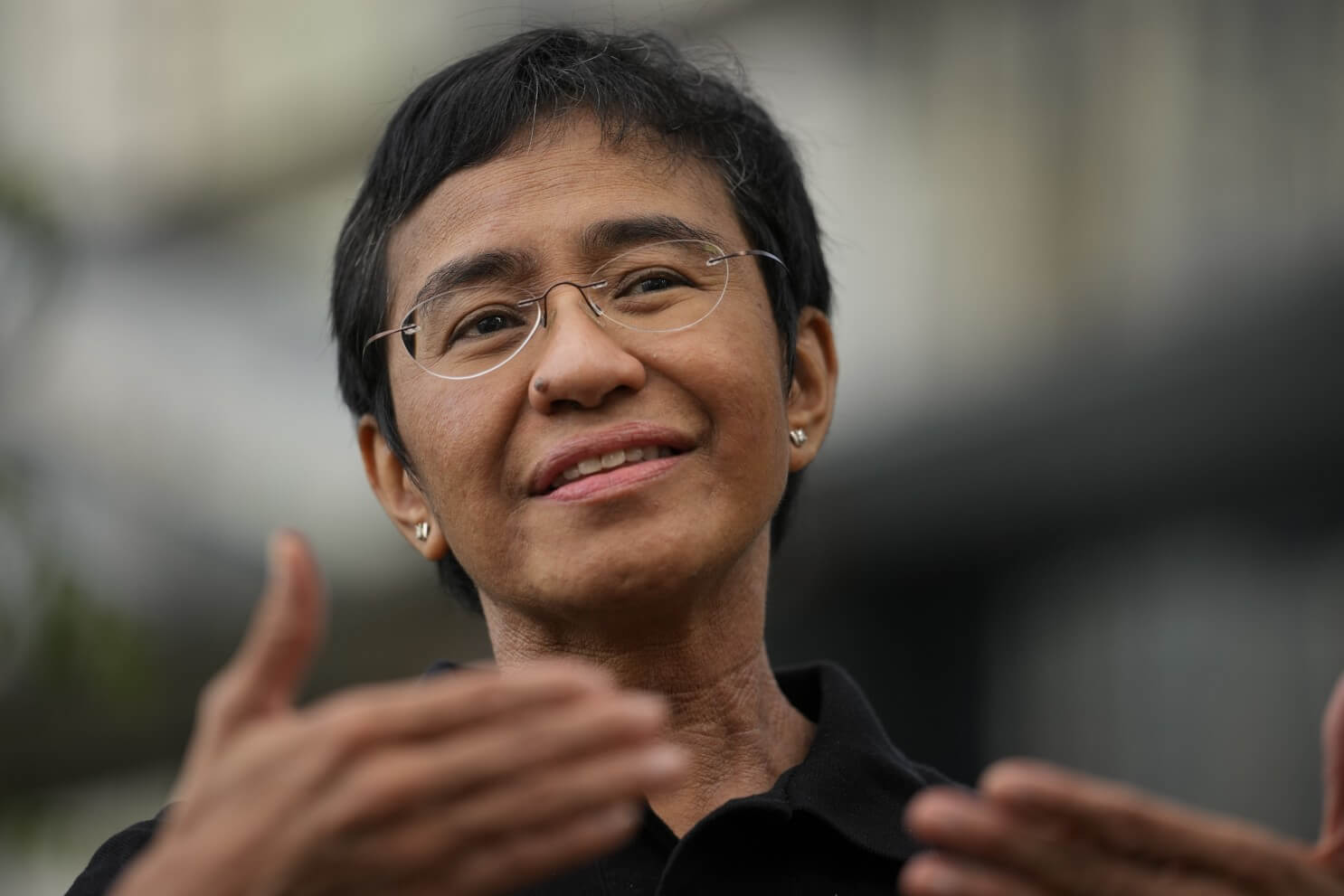The Philippines government on Monday finally acknowledged the Nobel Peace Prize awarded to journalist Maria Ressa. This comes three days after the committee bestowed her with the award alongside Russian journalist Dmitry Muratov.
In the first comment on Ressa’s win by President Rodrigo Duterte, presidential spokesperson Harry Roque told a regular news conference that the award is a “victory for a Filipina and we are very happy for that.” However, the spokesperson insisted that “the Philippine press is alive and well, not because of Maria Ressa.”
Ressa is the first Filipino recipient of the prestigious award and also the first woman to receive a Nobel Prize this year. The Norwegian Nobel Committee applauded the journalist’s “courageous fight for freedom of expression.”
Ressa is the co-founder of the website Rappler, which has dedicated wide coverage to President Rodrigo Duterte’s controversial war on drugs. Thousands of people have died or remain missing as a result of a government crackdown, which is now subject to an investigation by the International Criminal Court in The Hague.
The Nobel committee further noted that Ressa and Rappler “have also documented how social media is being used to spread fake news, harass opponents and manipulate public discourse.”
Ressa faces a multitude of legal challenges related to Rappler’s reporting of Duterte’s government, including at least 10 arrest warrants. This includes the government’s use of social media to target opponents.
In this regard, Roque added that “[She is] a convicted felon for cyber libel, and she faces other cases in the Philippines… Of course, it is true there are individuals who feel Maria Ressa still has to clear her name before the courts.”
The delay from Manila in acknowledging the award has been criticised by activists. Senator Leila de Lima, who has been incarcerated since 2016 on drug-related charges filed by the Justice Ministry, said last week that the Nobel Prize was a “slap in the face” of President Duterte.
But Roque denied the claim on Monday, saying: “Certainly not. It is not a slap on the government... because, as everyone knows, no one has even been censored in the Philippines.”
In the past, Duterte has called Rappler a “fake news outlet” over a story unearthing corruption by one of his closest aides. His government has also attempted to shut down the news outlet by filing lawsuits questioning its ownership and accusing it of tax evasion.
While accepting the award, Ressa said that the prize was “for all journalists around the world.” She also expressed hope that the prize would offer a protective shield against physical attacks and online threats against her and other journalists in the Philippines.
“This ‘us against them’ was never the creation of the journalists, it was the creation of the people in power who wanted to use a type of leadership that divides society...I hope this allows journalists to do our jobs well without fear,” Ressa said.

